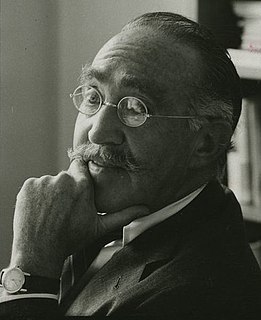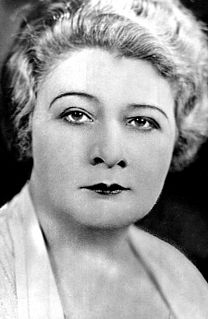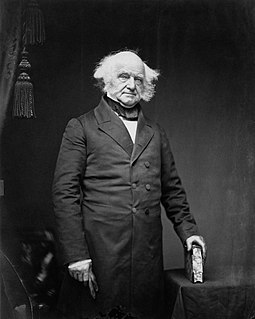A Quote by S. J. Perelman
There are nineteen words in Yiddish that convey gradations of disparagement, from a mild, fluttery helplessness to a state of downright, irreconcilable brutishness. All of them can be usefully employed to pinpoint the kind of individuals I write about.
Related Quotes
[The notion of equilibrium] is a notion which can be employed usefully in varying degrees of looseness. It is an absolutely indispensable part of the toolbag of the economist and one which he can often contribute usefully to other sciences which are occasionally apt to get lost in the trackless exfoliations of purely dynamic systems.
It is excellent discipline for an author to feel that he must say all he has to say in the fewest possible words, or his reader is sure to skip them; and in the plainest possible words, or his reader will certainly misunderstand them. Generally, also, a downright fact may be told in a plain way; and we want downright facts at present more than anything else.
Yiddish, originally, in Eastern Europe was considered the language of children, of the illiterate, of women. And 500 years later, by the 19th century, by the 18th century, writers realized that, in order to communicate with the masses, they could no longer write in Hebrew. They needed to write in Yiddish, the language of the population.
Marsh: Our best efforts were never even a mild annoyance to the Lord Ruler." Kelsier: Ah, but being an annoyance is something that I am very good at. In fact, I'm far more than just a 'mild' annoyance--people tell me I can be downright frustrating. Might as well use this talent for the cause of good, eh?
What is the good of words if they aren't important enough to quarrel over? Why do we choose one word more than another if there isn't any difference between them? If you called a woman a chimpanzee instead of an angel, wouldn't there be a quarrel about a word? If you're not going to argue about words, what are you going to argue about? Are you going to convey your meaning to me by moving your ears? The Church and the heresies always used to fight about words, because they are the only thing worth fighting about.
A State, in idea, is the opposite of a Church. A State regards classes, and not individuals; and it estimates classes, not by internal merit, but external accidents, as property, birth, etc. But a church does the reverse of this, and disregards all external accidents, and looks at men as individual persons, allowing no gradations of ranks, but such as greater or less wisdom, learning, and holiness ought to confer. A Church is, therefore, in idea, the only pure democracy.
Even though I loved the song [My Yiddish Momme] and it was a sensational hit every time I sang it, I was always careful to use it only when I knew the majority of the house would understand Yiddish. However, you didn't have to be a Jew to be moved by 'My Yiddish Momme.' 'Mother' in any language means the same thing.
When I realized I could write lyrics and let someone that I knew listen to them, but not know that the song was about them - say it was a girl. I could write this song about how I feel about this girl, I could play it to them. I just loved it, because all of the words would speak to them. I could see them slowly falling in love with me.




































